That special spark: A love letter to my Specialized Creo e-bike
Turns out the power of love is battery-fuelled
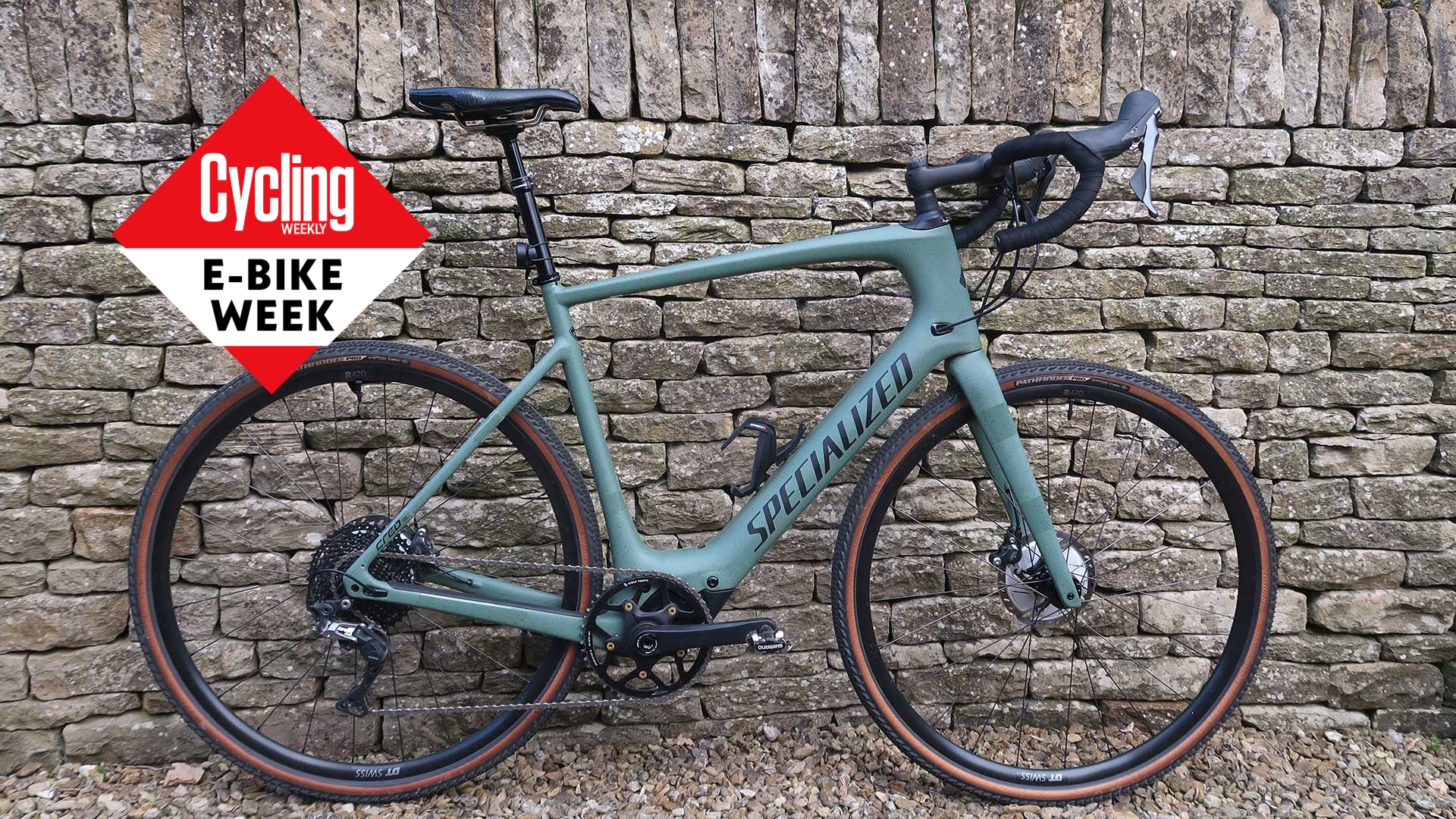

This article is part of a series called ‘A love letter to…’, where Cycling Weekly writers pour praise on their favourite cycling items (or, people) and share the personal connection they have with them. The below content is unfiltered, authentic and has not been paid for.
My wife Jo is a yoga teacher, she’s as fit as hell, stronger than me, way slimmer than me and has the potential to be a much better cyclist than me. Except, she finds cycling uphill “utterly pointless”, which is a significant problem because that’s all we do here in the Cotswolds.
So, we ended up buying her a bicycle for people who don’t like cycling. That’s right, an e-bike. It’s a Liv hardtail with an epic amount of torque and enough battery power to circumnavigate the globe. Twice over.
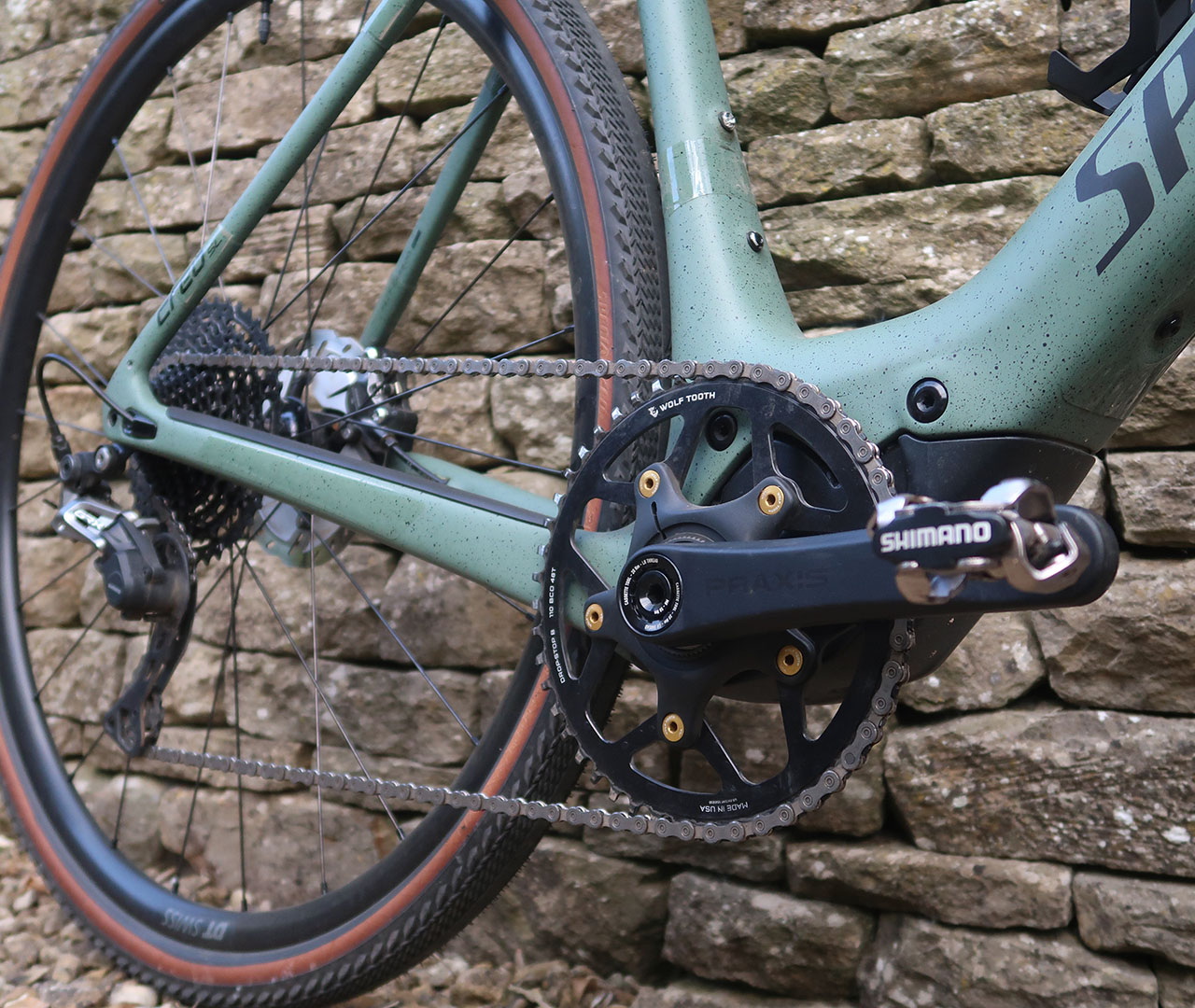
On this beast she’s queen of the highway, byway and every which way. It’s a brute of a machine that can plough up any slope with ease. In fact, there’s so much torque on tap that she rarely has to spin a low gear, enabling her to take on the most vertiginous ascents at a brisk 15.5mph (25kph).
That’s a pace that’s completely beyond me, so every ride we took together became a jolly jaunt for her and an unholy sufferfest for me. How the tables had turned. I was fast becoming a cyclist who didn’t enjoy cycling, one who found slogging uphill “utterly humiliating”. The solution? Another e-bike, of course.
Lighter, sleeker, more agile
Despite all its power and chunky good looks the Liv has its faults. On rare stretches of flat ground, once beyond the legal assist limit it quickly feels slow and unresponsive. At a porky 20kg, this is not a bike you want to carry up a flight of stairs, load onto a train, carry on the roof of your car or pedal far on a flat battery.
I wanted something lighter, sleeker and more agile, even with the power turned off, and I found it in the catchily named Specialized Turbo Creo SL Comp Carbon EVO.
The latest race content, interviews, features, reviews and expert buying guides, direct to your inbox!
Mine is a first-generation Creo that’s since been superseded by the slightly more powerful but heavier Creo 2. Essentially though, the two models share the same raison d’etre – low-power, low-weight e-bikes for high jinks in lofty places. Alpine summit or a car roof rack, both are within easy reach for the lightweight Creo.
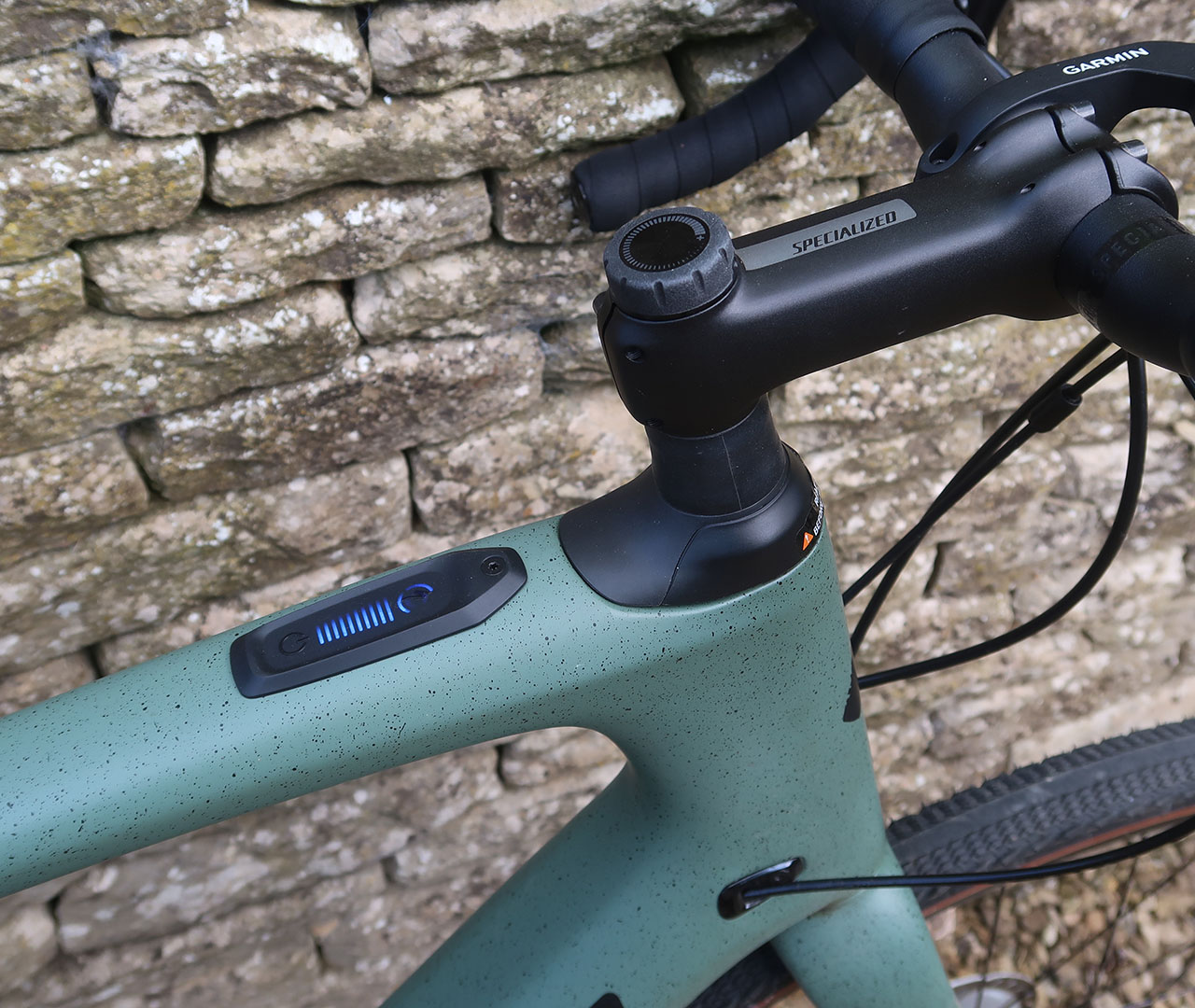
My XXL model weighs in at 13kg with pedals and saddle, which sounds gravity-challenged but is only slightly heavier than many similarly sized steel gravel bikes, such as the Wilier Jaroon or Genesis Croix de Fer. This is mostly thanks to its lightweight, premium-grade Fact 11r carbon frame and fork. The EVO suffix marks it out as a gravel build, so it rolls on 38mm Specialized Pathfinder Pro tyres, with frame clearance for up to 42mm rubber. The brakes and drivetrain are mostly Shimano’s bombproof GRX 810 11spd series, with a Sunrace 11-42t cassette thrown in for no particular reason that I can fathom, and a Praxis crankset with an upgraded 46t Wolf Tooth chainring. The bling gold bolts were installed in a moment of weakness.
The beating heart of the Creo is its superlight 1.1 SL motor that puts out an astonishingly feeble 35 Nm of torque. Yep, less than half that of my wife’s Liv. On paper, the battery is similarly impotent at just 320Wh.
Superior ride feel
However, what the Creo lacks in out-and-out power it makes up for in rider feel, and it’s this quality that I adore. The relatively low level of assist makes it feel oh-so natural to ride, with zero torque grab or unwanted low-speed power surges. Just a buttery smooth consistent delivery of assist, right up until the moment the motor feathers off at 15.5mph (25kph).
There are just three levels of assist to choose from. ECO is pretty much imperceptible, SPORT is you on a good day feeling sporty and TURBO is you on a good day, 10 years younger, 20lbs lighter and with gym-honed legs.
And when that little battery runs flat? Well, it rarely does because the motor isn’t making great demands on it, the bike is light and I’m getting up to speed quickly, which means the assist is off more than it’s on. There’s no range anxiety with the Creo either, because when the battery does finally go flat you’re left riding a perfectly capable analog bike.
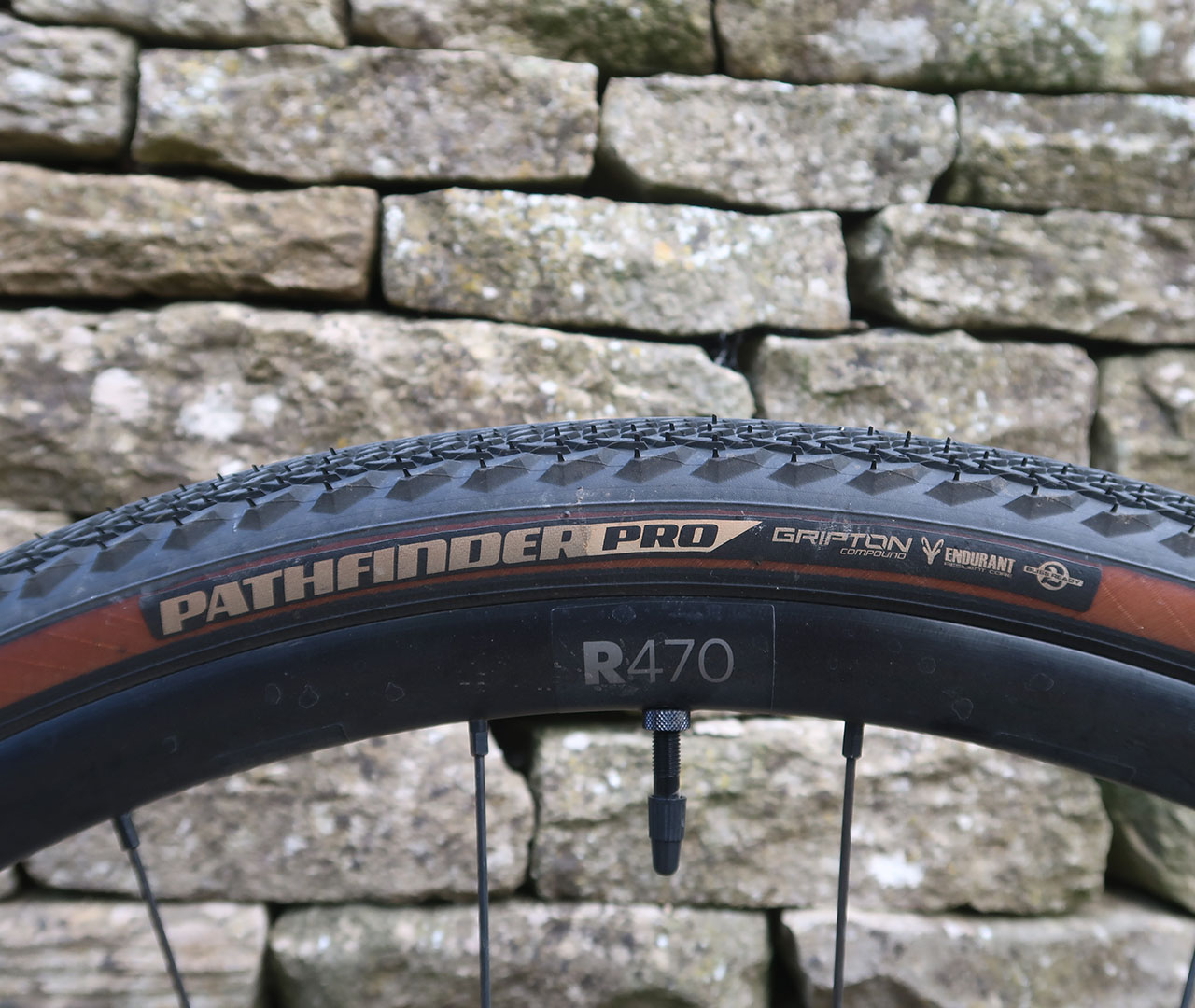
The Creo is my most versatile bike by far. It’s a superb choice for carefree, sedate family rides on or offroad. It’s useful for recovery rides, or training rides when you’re feeling that little bit under par but know you should still venture out. Long recce rides are a forte – ride out with the power off, then, when your legs are pining for home, fire up the motor and take it easy on the way back.
Best of all are summer evening rides out with my wife. Just the two of us, taking an easy route to a nearby hilltop to watch the sun setting over the Cotswold valleys. Bliss.
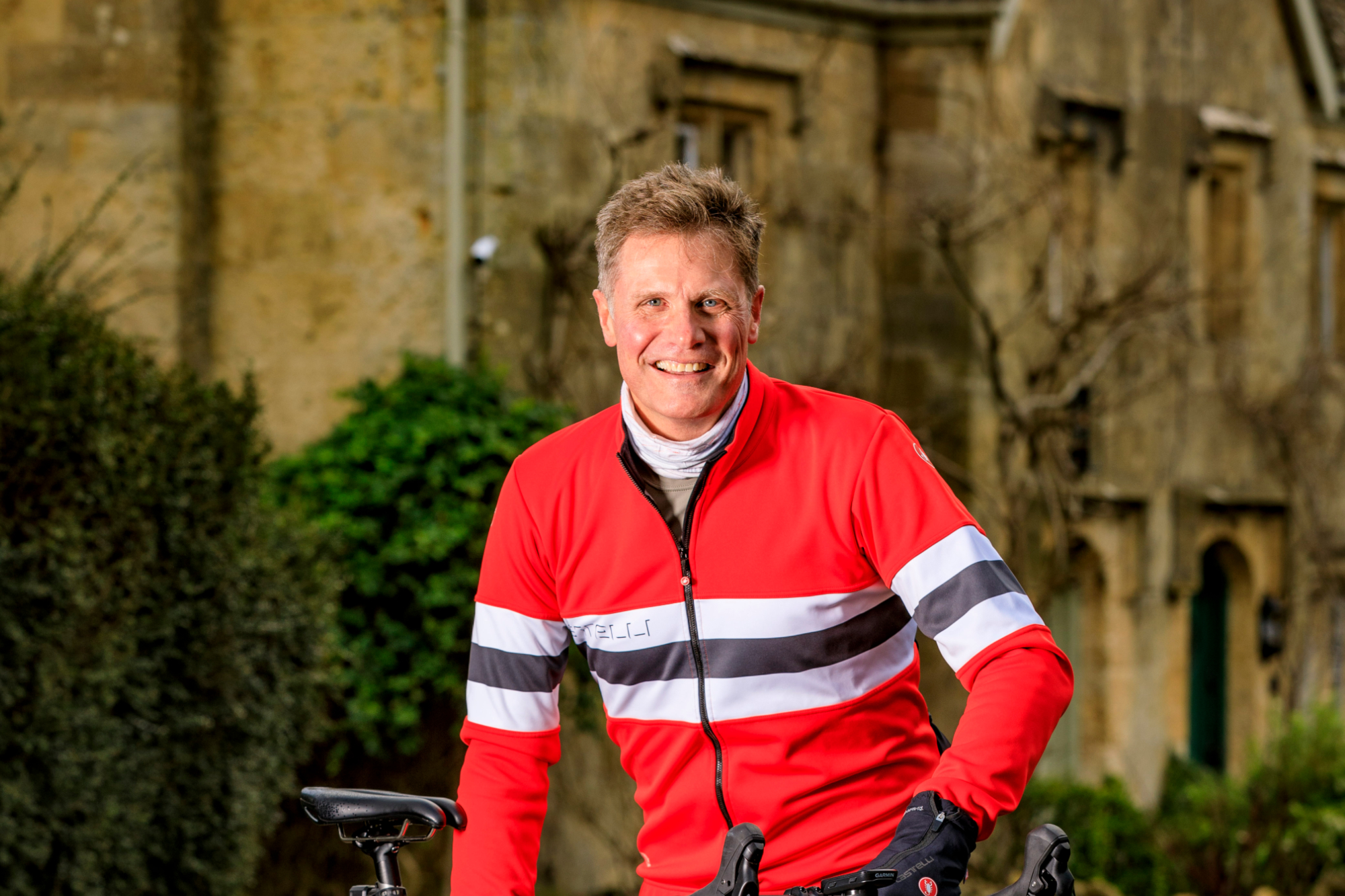
Simon spent his childhood living just a stone’s throw from the foot of Box Hill, so it’s no surprise he acquired a passion for cycling from an early age. He’s still drawn to hilly places, having cycled, climbed or skied his way across the Alps, Pyrenees, Andes, Atlas Mountains and the Watkins range in the Arctic.
Simon now writes for Cycling Weekly as a freelancer, having previously served as Tech Editor. He’s also an advanced (RYT 500) yoga teacher, which further fuels his fascination for the relationship between performance and recovery.
He lives with Jo, his yoga teacher wife, in the heart of the Cotswolds, with two rescue cats, five bikes and way too many yoga mats. He still believes he could have been a contender if only chocolate weren’t so moreish.